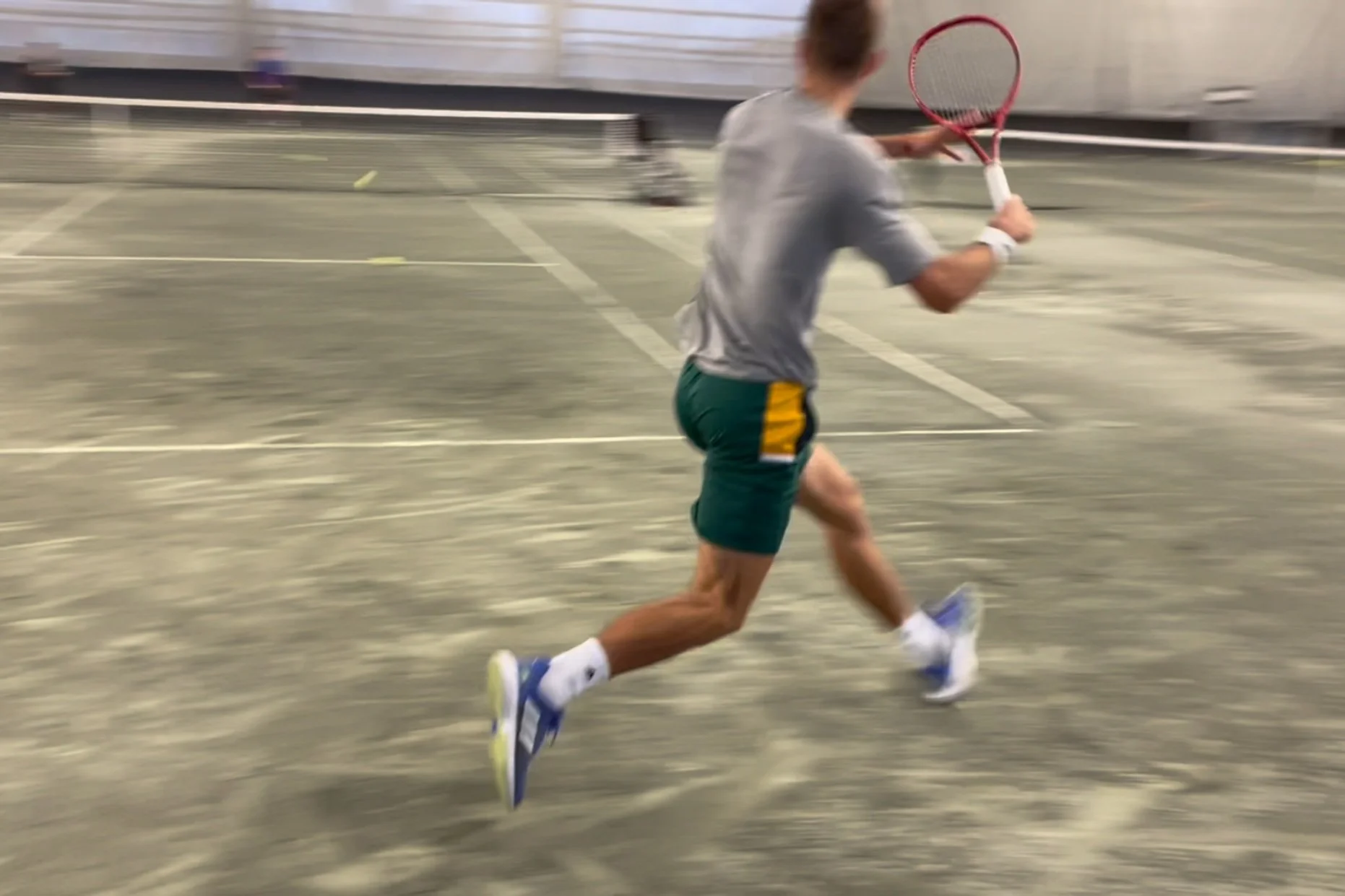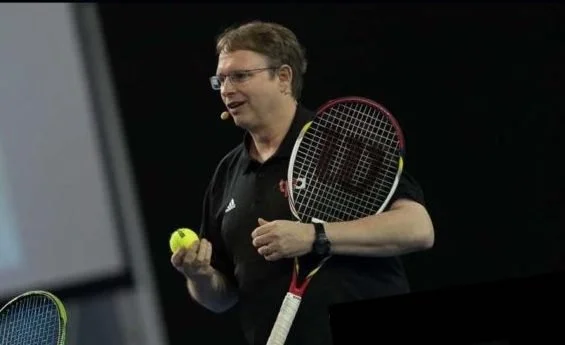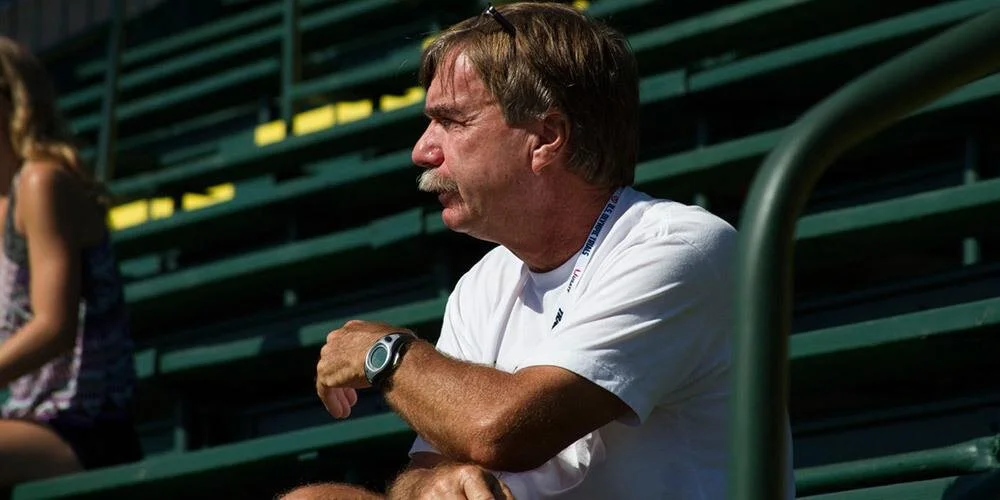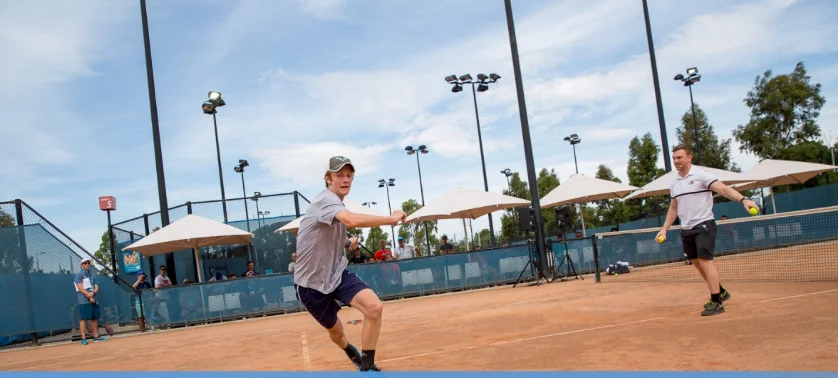If you’ve read my blog in the past, you’ve likely seen my post on attentional focus cues - and the research + implementation that goes along with it.
You may have also read my take on the importance of cueing in general. And why the right cue - given at the correct time - is often more impactful than the perfect drill (although combining the right cue with a great drill is a recipe of success).
Is it really your strokes that are holding you back from your best tennis? In this episode, Tennis Canada Level 4 coach Wayne Elderton joins the show and dives deep into ‘model’ vs ‘game-based’ coaching - and why a game-based or 'tactical' approach to coaching is more effective & efficient when it comes to learning.
Coach Pfaff has been a direct mentor of mine for the last 6 years. I've learned more through his apprenticeship than any course, book or research article. With over 40 years of coaching experience, coach Pfaff has been through it all - in the trenches with world-class sprinters, consulting to ATP, WTA, NFL, NHL pro teams and today, he leads the ALTIS elite mentorship program.
When beginners first start playing tennis, their movements are rather mechanical. While many coaches appear frustrated, this process is totally normal. Why so? Early on, a beginner uses a lot of conscious effort in order to complete a task. But with exposure (and hopefully proper instruction), their movements begin to stabilize...and eventually, after considerable time, they don’t even have to think about their actions, they simply ‘do it’.
If you’re involved in tennis at any level, you’re like me, constantly searching for ways to help players learn and improve.
At the base, though, what is it that we’re trying to improve? From my perspective, it’s skills - the more skilled a player is, in theory, the better they’ll perform (although even skilled performers can underperform...but that’s a whole other topic).
Imagine this scenario. An amateur player takes a lesson from a coach with the hopes of hitting a forehand like Roger Federer.
Let’s say the coach plays along. He/she presents a sequence of images to the amateur in order to see exactly the various phases of Roger’s forehand. Next, the amateur performs shadow swings, going through each position as carefully as possible. The coach then feeds the amateur a few balls, providing feedback ONLY on how close the stroke looks to Roger’s.
Coordination training is an often misunderstood and at times haphazardly delivered element of physical preparation. As with everything in coaching, context is king. A simple search of coordination training can lead you to a whole host of elaborate and dynamic drills. A well-meaning coach sees these drills and looks to implement them in their next practice – again I’m not suggesting that this is malpractice, but, more often than not, the context for including that exercise is missing.
While there was a lot of positive feedback from last week’s post on blocked vs. random practice, there was also a bit of confusion. I suppose the term ‘random’ can be a bit misleading. To clear the air, this week’s post will attempt to clarify the supposed dichotomy between blocked and random practice and offer a slightly different perspective to the argument. Furthermore, there are 2 other forms of practice - called ‘variable practice’ and ‘constant practice’, which can be influenced by both block and random approaches. Lastly, several examples of each practice type will be offered and described, along with the 'why' behind their use.
When I was a teenager, I left home to train at a tennis academy - about 2 hours away from my family. I grew up in a small city where there was 1 outdoor tennis club and no indoor tennis - which is why I made the move. Growing up and playing at a small club, with no junior program, you tend to get friendly with older adult members. Most of my practice partners were over 35 with many above the age of 50. When I told them I was leaving, they said one thing that stuck with me until this very day - “hopefully they build on the game you have, rather than changing all of your strokes at once”.










